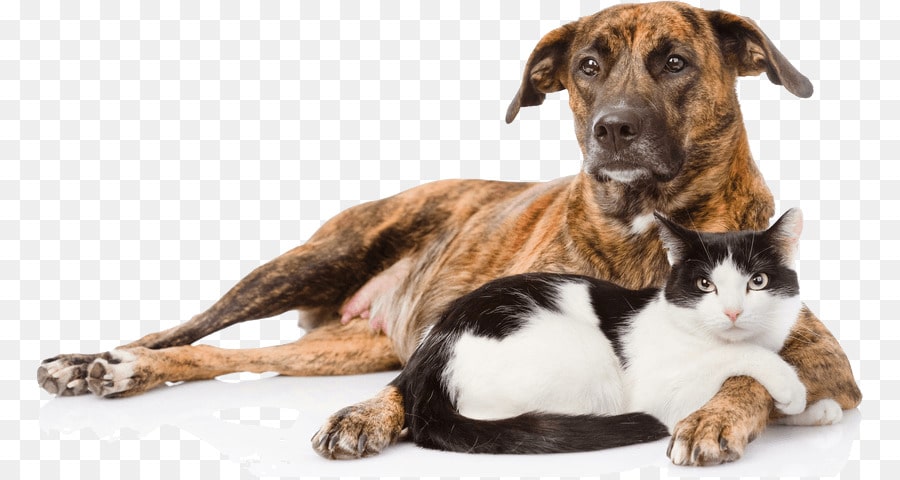While dog nutrition across all sizes is basically the same, large breed pups require special diets and large breed adult dogs require monitoring for signs of orthopedic disease, obesity, and bloat. Good thing there are pet foods to address their nutritional needs.
Puppy Power!
During its first 18 months, a one-pound large breed pup can grow to 150 pounds. This means it is very sensitive to nutrient and caloric intake, necessitating proper diet and health monitoring on your part. Rapid growth might seem impressive but it’s not healthy for them as they become prone to developmental orthopedic disease (DOD). DOD covers a range of conditions such as hip dysplasia, elbow dysplasia, osteochondrosis, and the like. While many think that large breed puppies need lots of calcium for healthy bone growth, studies have linked high level of calcium and phosphorus to DOD. It is suggested to feed them with diets specially formulated for their kind. These diets differ from the ones given to small- and medium-sized pups because it is lower in fat, calcium, phosphorus, and vitamin D. This helps promote normal bone growth rate among large breed pups.
Free choice feeding of high-energy foods is also not advised by veterinarians as this is also linked to DOD and obesity. Determine the right weight range for your large breed pup so it can stay within the healthy range.
In Their Prime
When your pup reaches adulthood, a different diet is needed. Ask your vet for recommendations for large breeds. Your vet will be more than happy to share his/her experiences and insights to help you decide which kind of diet is best for your dog.
At this stage, they are now prone to orthopedic disease, obesity, and bloat. Orthopedic diseases can be avoided as discussed above; if its cause is hereditary, the least you can do is choose a pup that was raised by a responsible breeder. Obesity in large breeds has been associated with serious health problems like Type 2 diabetes, kidney disease, and high blood pressure.
Bloat, also known as gastric dilation and volvulus (GDV), affects large breed dogs. It can be fatal. It happens when gasses accumulate in the stomach rapidly and can’t be expelled. Prevention is still the best. Do the following to reduce the risk of bloat:
- Feed multiple small meals a day, instead of one large, heavy meal
- Feed from floor level
- Avoid high-fat and oily foods
- Feed foods with large kibble
- Avoid strenuous exercise 1-2 hours after eating
In Their Senior Years
Dogs in their old age are like other dogs regardless of their size. They have reduced appetite and may also need water more. Senior dogs may also have trouble with constipation. Many senior pet foods for large breeds have higher-quality protein sources than standard foods. This helps maintain body weight and muscle mass without straining their kidneys too much.
As any aging creature, senior dogs develop other health problems that need the attention of a vet. The vet may then give a prescription diet as the best dog food option for your large breed. Consult your vet for the best pet food diet for your large breed senior dog.
There’s dog food for large breeds of all life stages available from Addiction Foods
Discover Addiction Pet Foods range of Dry Pet Food products
Buy Addiction Foods’ Dry Pet Foods in a store near you
Like us on Facebook and follow us on Instagram for more pet health and nutrition updates.











